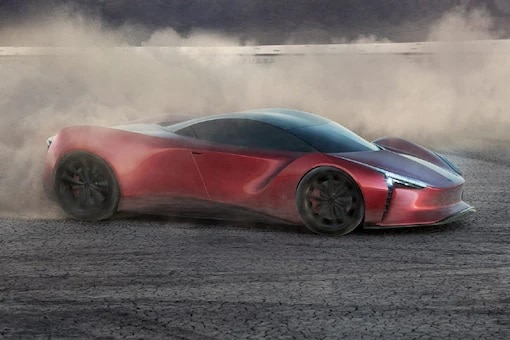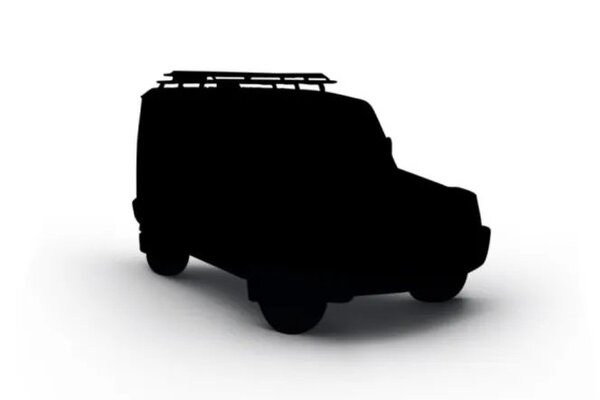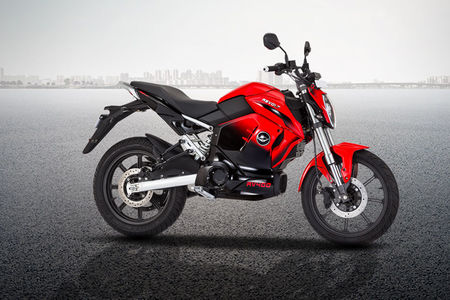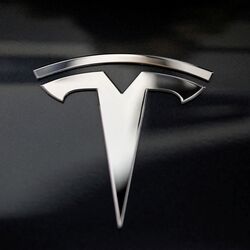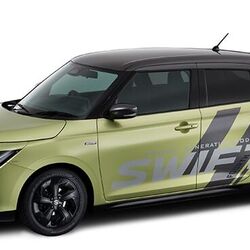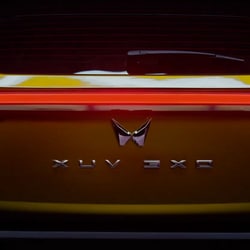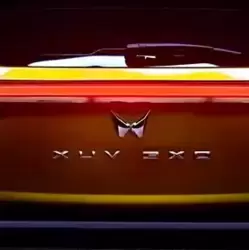California passes landmark mandate for zero emission trucks
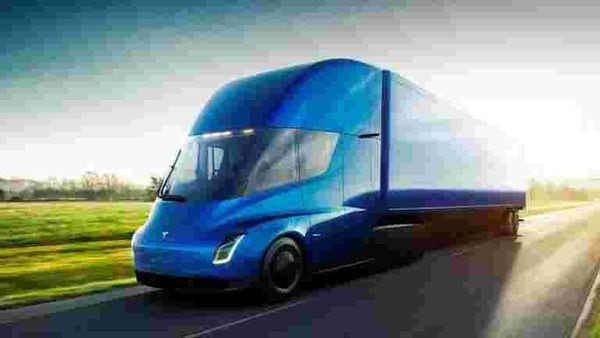

California on Thursday approved a groundbreaking policy to wean its trucking sector off of diesel fuel by requiring manufacturers to sell a rising number of zero-emission vehicles, starting in 2024.
The mandate, passed unanimously by the California Air Resources Board (CARB), was hailed as a major step toward reducing climate-warming emissions and improving public health for low-income communities near busy highway corridors and ports.
Also check these Vehicles
"California is once again leading the nation in the fight to make our air cleaner," Governor Gavin Newsom said in a statement after the vote.
Environmentalists say the mandate, which applies to medium-duty and large trucks, will put an estimated 300,000 zero-emission trucks on the road by 2035.
The proposed mandate is expected to start in the 2024 model year and initially require 5%-9% zero emission vehicles (ZEV) based on class, rising to 30%-50% by 2030. By 2045, all vehicles should be ZEVs "where feasible."
The regulation would apply to pickup trucks weighing 8,500 pounds or more, but not to light-duty trucks, which are covered by separate zero emission regulations.
CARB plans a separate rule in early 2021 that will require large fleet owners to buy some ZEVs.
The move comes as a rising number of companies including Rivian, Tesla Inc, Nikola Corp and General Motors are working to introduce zero emission trucks.
Heavy-duty trucks are the largest source of smog-forming nitrogen oxide (NOx) pollution in California.
The Environmental Protection Agency said in September that California's light-duty ZEV mandate was preempted by federal law. A group of 23 U.S. states has sued, seeking to reverse that determination. The EPA declined comment Thursday on California's action.
The Motor & Equipment Manufacturers Association said the regulation would help stimulate the heavy-duty ZEV market but warned the targets would most likely need future downward adjustments.







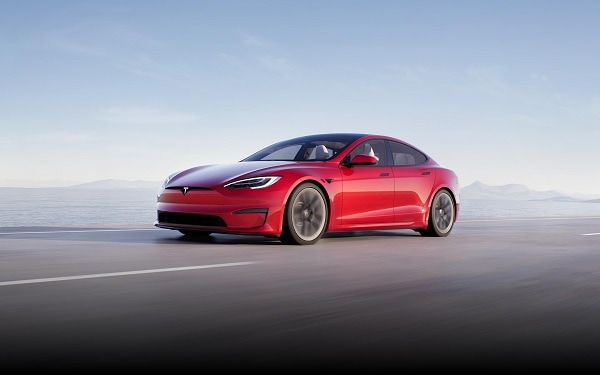
 75 kWh
75 kWh 396 km
396 km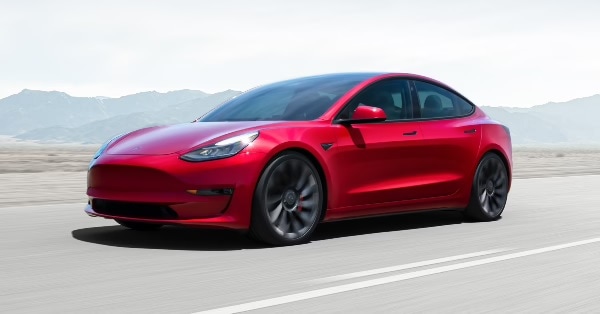

 2596.0 cc
2596.0 cc Diesel
Diesel